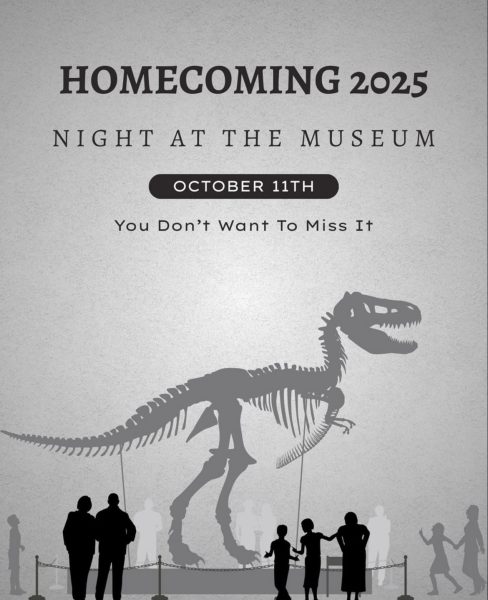AP Testing Tips
In the next two weeks AP exams will be held in the west gym. AP testing is the end of the year exam for Advanced Placement, or college level, courses. On a specified test date, high school students of these classes take a “AP exam” to earn credits for college. The AP test is scored on a scale of 1-5. Generally, a three or higher will be an accepted score to earn credit, however, some colleges may have different requirements to receive credit for the class.
AP tests are run through College Board. According to the College Board website, “AP gives students the chance to tackle college-level work while they’re still in high school—whether they’re learning online or in the classroom. And through taking AP Exams, students can earn college credit and placement.”
Steven Schmid an AP Calculus BC teacher says that “your job on an AP test is to show them what to know, so do your best to show them what to know.”
According to College Board, “Exams have local start times and can begin up to 1 hour after the official start time (i.e., exams can begin between 8–9 a.m. local time for morning exams, between 12–1 p.m. local time for afternoon exams, and between 2–3 p.m. local time for Physics C: Electricity and Magnetism during the regularly scheduled exam administration).”
The nationwide AP exam schedule can be seen in the table below:
| 8 a.m. Local Time | 12 p.m. Local Time | 2 p.m. Local Time | |
| Monday,
May 2, 2022 |
Japanese Language and Culture
United States Government and Politics |
Chemistry
Spanish Literature and Culture |
|
| Tuesday,
May 3, 2022 |
Environmental Science | Psychology | |
| Wednesday,
May 4, 2022 |
English Literature and Composition | Comparative Government and Politics
Computer Science A |
|
| Thursday,
May 5, 2022 |
Human Geography
Macroeconomics |
Seminar
Statistics |
|
| Friday,
May 6, 2022 |
European History
United States History |
Art History
Microeconomics |
|
| Monday,
May 9, 2022 |
Calculus AB
Calculus BC |
Computer Science Principles
Italian Language and Culture |
|
| Tuesday,
May 10, 2022 |
English Language and Composition | Physics C: Mechanics | Physics C: Electricity and Magnetism |
| Wednesday,
May 11, 2022 |
Chinese Language and Culture
Spanish Language and Culture |
Biology | |
| Thursday,
May 12, 2022 |
French Language and Culture
World History: Modern |
Physics 1: Algebra-Based | |
| Friday,
May 13, 2022 |
German Language and Culture
Music Theory |
Latin
Physics 2: Algebra Based |
With the up and coming AP tests in mind, some experienced AP test takers and teachers have advice for studying and test-taking.
Hannah Cabush, a senior at Arrowhead, who has taken eight AP exams with five more AP exams this year, says that students should “Do some full-length practice tests with the time limits. The AP website offers some past tests or you can find them online; oftentimes there is an answer key with explanations that are so helpful to learn from your mistakes. It’s a great way to practice your skills while also getting accustomed to the time allowed.”
Schmid says that he “Encourage[s] [his] students not to cram for tests, spread it out over time, do a little bit each day, you will retain much more information that way…The more you can spread it out, the more you can do a little bit over time, the better off you will be.”
Despite all the nerves surrounding AP tests, Schmid wants to remind students that the AP test doesn’t need to be extremely stressful, saying “the AP test does not expect perfection, their job is to challenge even the best kids.”
When it comes to the day of exams Schid says to “take your time, breathe” and “get a good nights sleep.”








